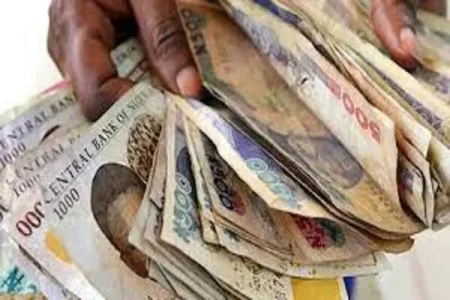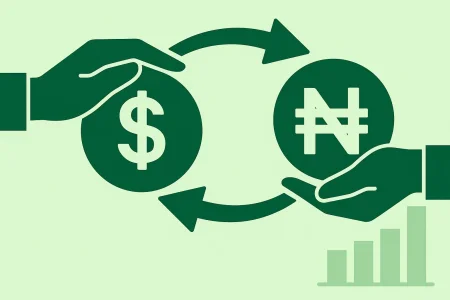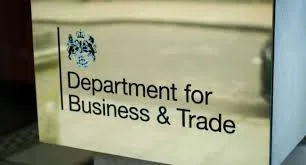
In recent weeks, a perplexing cash shortage has gripped parts of Ikeja, Nigeria, casting a spotlight on the nation's financial landscape. Stretching from Computer Village to Oregun, the scarcity of cash has become evident, with only a few ATMs dispensing cash, imposing withdrawal limits, and long queues forming at those dispensing. This situation starkly contradicts the Central Bank of Nigeria's (CBN) claim that currency in circulation exceeds pre-redesign levels.
The CBN spokesperson, Hakama Sidi Ali, attributes the shortage to hoarding during the Naira redesign project, a sentiment that faces opposition from some senior banking officials. They argue that major cash sources like fuel stations and supermarkets have embraced the cashless drive, raising doubts about the extent of cash hoarding.
The evolving scenario prompts questions about the efficacy of Nigeria's cashless policy. Retail banking experts suggest that the policy may finally be manifesting its consequences, with banks reporting insufficient cash in their vaults. Managers of supermarkets in Ikeja reveal a significant decline in cash transactions throughout 2023, as customers increasingly opt for card and online payments.
Businesses, especially supermarkets, are feeling the pinch, experiencing daily cash flows as low as N6,000. This decline is attributed to the changing consumer behavior influenced by the cashless policy. The suspension of charges on large cash deposits by the CBN appears to have had limited impact, with little change observed in the current situation.
Point of Sale (PoS) operators, now resorting to buying cash from traders, report shrinking businesses. Banks struggle to meet customer withdrawal demands due to the ongoing cash shortage. The broader implications of this scarcity are considerable, affecting the festive yuletide season and presenting challenges for businesses, especially in the informal sector.
This unfolding cash crisis prompts essential questions about the actual amount of cash outside banks, the consequences of the cashless policy, and the necessity for comprehensive data to understand Nigeria's evolving financial landscape. As the nation grapples with this cash crunch, the impact on businesses and the broader economy remains a subject of growing concern
Source: Nairametrics




